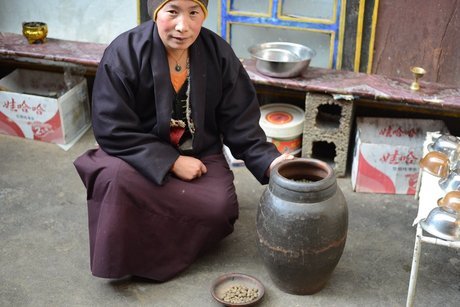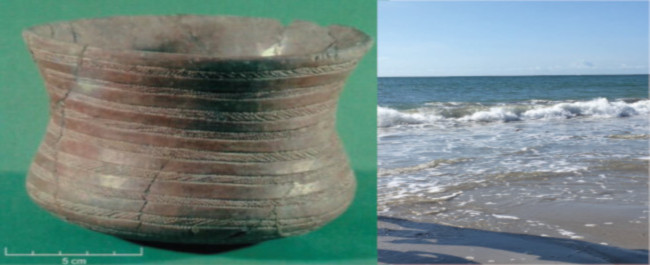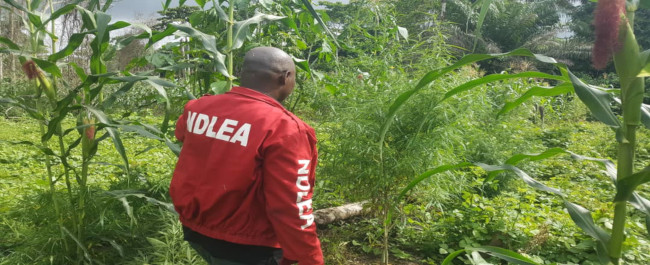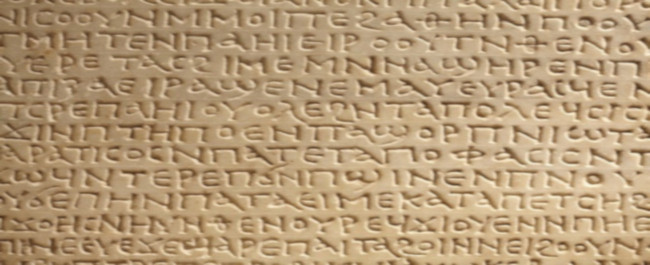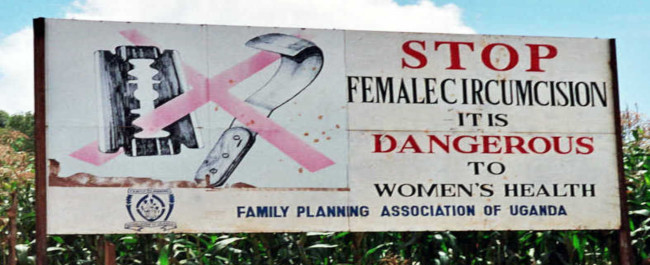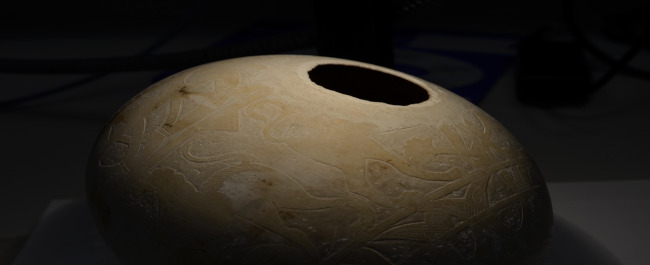Research
Our research is motivated by the desire to apply knowledge to contemporary concerns by using anthropology and archaeology as tools of the 'long view'.
Research areas
Our four-field approach means we are uniquely placed to address key issues in contemporary society, reflected in three key cross-cutting research themes:
-
adversity - we address the resilience of humanity in the face of major challenges past and present, such as disease, conflict and technological change
-
adaptation - we explore the biological and cultural evolutionary processes that generate human diversity
-
globalisation - we discover how the movements of people, ideas, and objects articulate with continuity and change from the Neolithic to the present day
Field research creates our primary material, and staff share a strong commitment to empirical and ethnographic research that reveals the material evidence of the past, and the scope of behaviours and beliefs in contemporary communities across the globe.
Current archaeological and anthropological fieldwork takes place in the UK, Brazil, China, Jordan, Ethiopia, Japan, Kenya, New Zealand, Papua New Guinea, Peru, Tanzania, Singapore, Tibet, Turkey, Venezuela, and Vietnam. We consider Asia-Pacific, Latin America, and East Africa as our geographic strengths
A selection of our research projects:
The Department of Anthropology and Archaeology is currently undertaking a variety of ground-breaking research projects, including:
Exploring the Life-Trajectories of Indigenous Youth in Amazonia through Ethnographic Animation
Research theme: Globalisation, Adversity
Children and youth constitute the largest demographics of many indigenous populations in Latin America and beyond, and as such they will play a key role in defining the future of indigenous societies in times of critical shifts and instability. And yet, research addressing the voices and perspectives of indigenous youth through youth-centred methods remains limited and their role of future-makers is largely underexamined.
This project aims to develop an interdisciplinary framework and a collaborative methodology to explore the life-trajectories and imagined futures of indigenous youth in Amazonian Peru. The research is quintessentially collaborative and indigenous youth will take an active role in the production and dissemination of knowledge within Peru and internationally.
Principal Investigator: Dr Camilla Morell
Energy Resilience: Exploring the cultures, politics and practices of energy access in Amazonia
Research theme: Adaptation, Adversity
In Amazonia - one of the most remote areas of the world - barriers to energy access have knock-on effects in areas of healthcare, education, democratic participation and equitable access to rights and services. This project forges an approach to ‘Energy Resilience’ that explores the meaning of resilience for forest peoples, but also considers it a way of life intimately tied to existing social and political frameworks.
Our international research team will bring together knowledge from anthropology, engineering, sociology and geography to develop an analytical and practical approach to everyday resilience through the lens of energy access.
Principal Investigator: Dr Amy Penfield
The Hazel Anarchy Research Project: Studying the Anarchy period and learning archaeology in one of Britain’s most spectacular historical landscapes
Research theme: Adversity, Globalisation
The Anarchy in the UK (1135-1153 CE) was a time of rivalry, fear and violence between the sides of Empress Matilda and King Stephen for the throne of England and Normandy. The story started with the drowning of Henry I's legitimate son William Adelin in a shipwreck, and Henry’s attempts to install his daughter Matilda as Queen.
However his nephew, Stephen of Blois, seized the throne with the help of his brother the Bishop of Winchester. Barons of the North, Welsh leaders and Scottish invaders were further complicating the story in the early days as all sought to increase their respective positions before Matilda, with the help of her half-brother Robert of Gloucester, decided to invade England across the sea in 1139. Matilda then launched an all-out campaign to win back the crown, plunging the country into a civil war. In response to the crisis, nobles built still more castles, and rivals to the king set up their own mints and produced new coinage. Churches were fortified and the peasantry suffered deprivation as armies crisscrossed the country, ravaging estates and burning property.
To date archaeological research for the Anarchy Period has focused mainly upon castles, either of earth and timber or stone built. Excavations at the Lower Hazel building complex, in South Gloucestershire, are an integral part of the project, which comprises of a five-year training and community research project based at the Department of Anthropology and Archaeology. This project aims to provide undergraduate students with practical archaeological skills and experience as they investigate the social dynamics of the Anarchy period (1135 – 1153) in the South West of England with the Lower Hazel building complex and its wider landscape as a case study. The Lower Hazel building complex will provide a unique opportunity for archaeological recording of the social dynamics within the rural population that supported the different parties. The building complex is also located in an area with a strong Bronze Age, Iron Age and Roman presence which will also be examined by the project team.
Project Director: Dr Stuart Prior
Project Manager: Dr Konstantinos Trimmis
Variation in Language, Cognition and Social Norms Regarding Family (Varikin)
Research theme: Globalisation, Adaptation
Varikin is a European Research Council funded project which has been running since 2015. Led by Professor Fiona Jordan, it aims to investigate questions about kinship language from a multidisciplinary perspective: why various societies differ on who they class as family, and how children learn the language and conceptual understanding of kinship. The project team, made up of interdisciplinary researchers in anthropology, linguistics, biology and statistics, have conducted fieldwork in Bristol and Tanzania, and have used a variety of cross-cultural research methods, including phylogenetic modelling and corpus linguistics, to explore how social norms about family evolve over time and space. More recently the team has investigated kin term borrowings, and are examining survey responses on grandparent kin terms in UK families. The project is due to end in June 2021.
Principal Investigator: Professor Fiona Jordan
Tibetan Sign Language and Deaf Identities in the Making
Research theme: Adversity
This project is studying the use and development of Tibetan Sign Language (TSL) and Chinese Sign Language (CSL) in Lhasa among deaf Tibetans and the new forms of social and ethnic belonging these linguistic practices afford them. Its aims are to document and analyse the recent and ongoing standardisation and the content of these languages, as well as to understand the methods, people and organisations involved in the development of TSL.
A second important part of the project is to find out who uses TSL, and how TSL influences deaf Tibetans lives and their current educational, social and employment opportunities. Through its innovative theoretical, analytical and methodological attention to b ody and embodiment, the project aims to add and enrich existing scholarship on signing and deaf identity formation, and on embodied movement more broadly.
Principal Investigator: Dr Theresia Hofer
Finds Stories: Addressing Mobility through Object and People Biographies
Research theme: Globalisation, Adaptation
Applying creative biographies ‘Finds Stories’ will examine the life cycles of objects and people demonstrating inter- and intra- Balkan mobility. Material cultural and skeletal assemblages from Southeast European historic and modern transhumance and migratory groups, the Greek Diaspora in Australia and UK, and modern migratory groups in Greece will be studied. The impact of mobility (as long-term migration or seasonal movement) on shaping modern identities and leveraging societal change will be analysed through the travel stories of objects and their stimuli on different groups of people. ‘Finds Stories’ research will combine fieldwork on the island of Kythera and areas of Western Macedonia and Thessaly in Greece, with research in the Dalmatian region of Croatia, Sydney in Australia and London and Cardiff in the UK.
Principal Investigator: Dr Konstantinos Trimmis
Find out more about
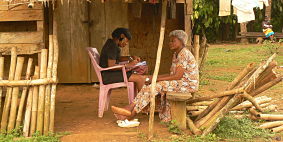 Research in the faculty
Research in the faculty
Our research forms part of the overall research activities and strategies of the Faculty of Arts.
Research Communities
- Archaeological Sciences Research Group
- Anthropology of Public Health Group
- Asian Borderland Research Network (ABRN)
- Digital Societies Research Group
- Medical Anthropology and the Anthropology of Disability and Difference
- Drug Policy Interdisciplinary Network (DPIN)
- GW4 Anthropologists
- Museums, Heritage and Material Culture Research Group
- Waves of Change
- Cabot Institute for the Environment
- Centre for Environmental Humanities
- Centre for Black Humanities
- Global Public Health Research Strand
.jpg)
Research events
We run a regular research seminar series and are frequently involved with one-off research events.
Find out more
Discover more about our archaeological research and engagement by visiting our blog.
